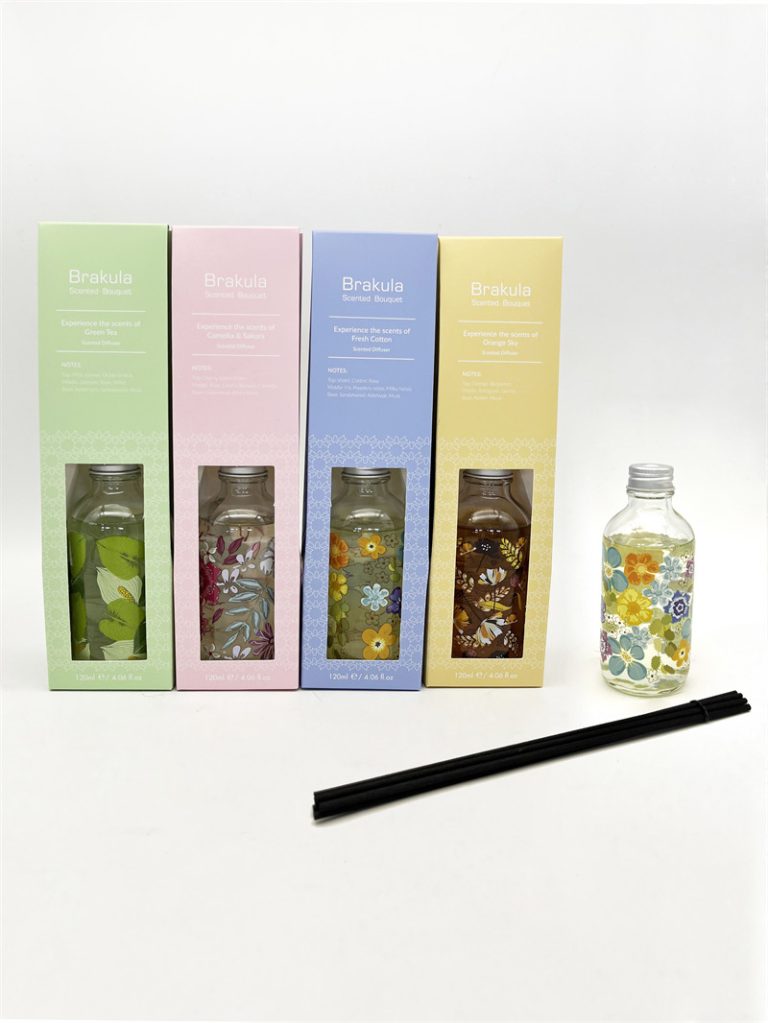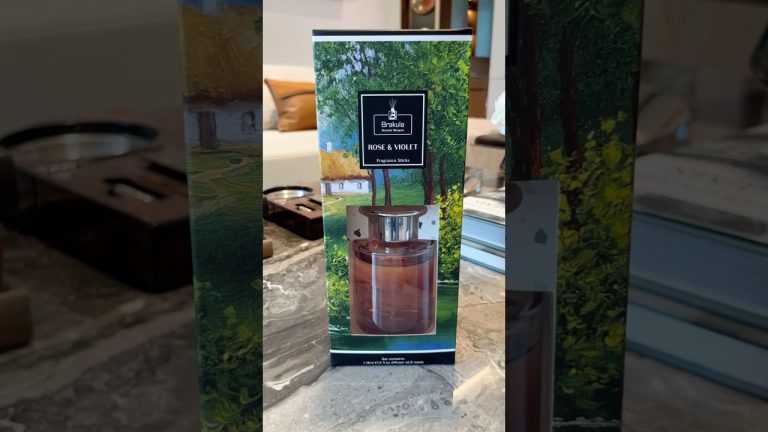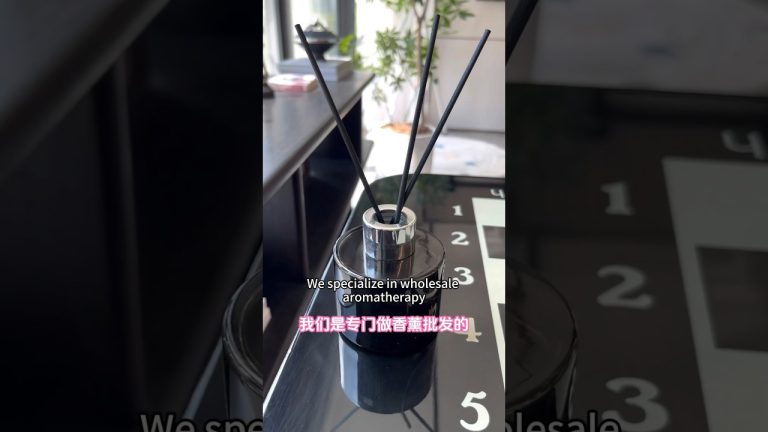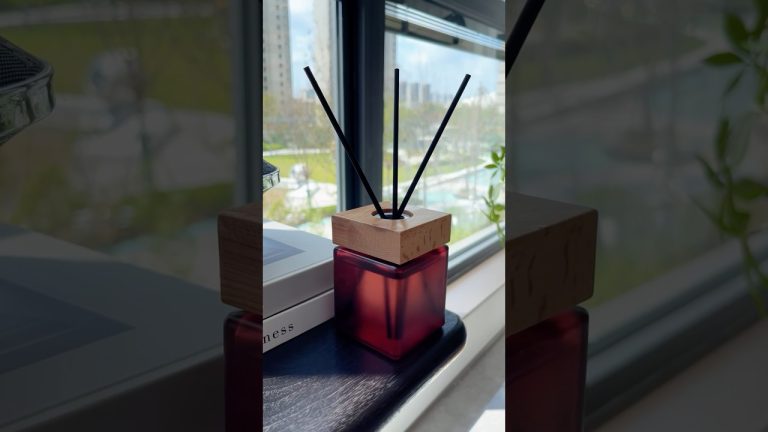Table of Contents
Proper Storage of Herbal Ingredients
Storing herbal ingredients properly is essential for maintaining their potency and freshness. The first step is to choose the right container. Glass jars with airtight seals are ideal, as they prevent moisture and air from degrading the herbs. Avoid using plastic containers, as they can leach chemicals into the herbs over time.
Next, consider the location where you store your herbs. A cool, dark place is best, as light and heat can quickly diminish their quality. A pantry or a dedicated herb cabinet away from sunlight is often the perfect spot. Make sure to label each jar clearly with the name and date of storage to keep track of freshness.
https://reedaromalab.com/tag/high-quality-and-affordable-reed-diffuser-factory
Storing Essential Oils Safely
| Name | Aroma Diffuser |
| Material | Platstic |
| Suitable for | Toilet |
| Scents | Lemon & Verbena, Pear & Orange Musk |
| Capacity | Multiple Scent |
| Color | Orange |
| Origin | China Wholesaler |
| Duration | 40-60days |
Essential oils require special care during storage to preserve their therapeutic properties. Just like herbal ingredients, they should be kept in dark glass bottles to protect them from light exposure. Clear or plastic bottles can lead to degradation of the oil, affecting its aroma and efficacy.
In addition to the right containers, temperature plays a crucial role in the longevity of essential oils. Store them in a cool area, ideally between 60°F and 70°F (15°C and 21°C). Avoid placing them in bathrooms or near heat sources, as fluctuating temperatures can compromise their integrity.
Scented Reed Diffuser Customization
Tips for Extended Shelf Life
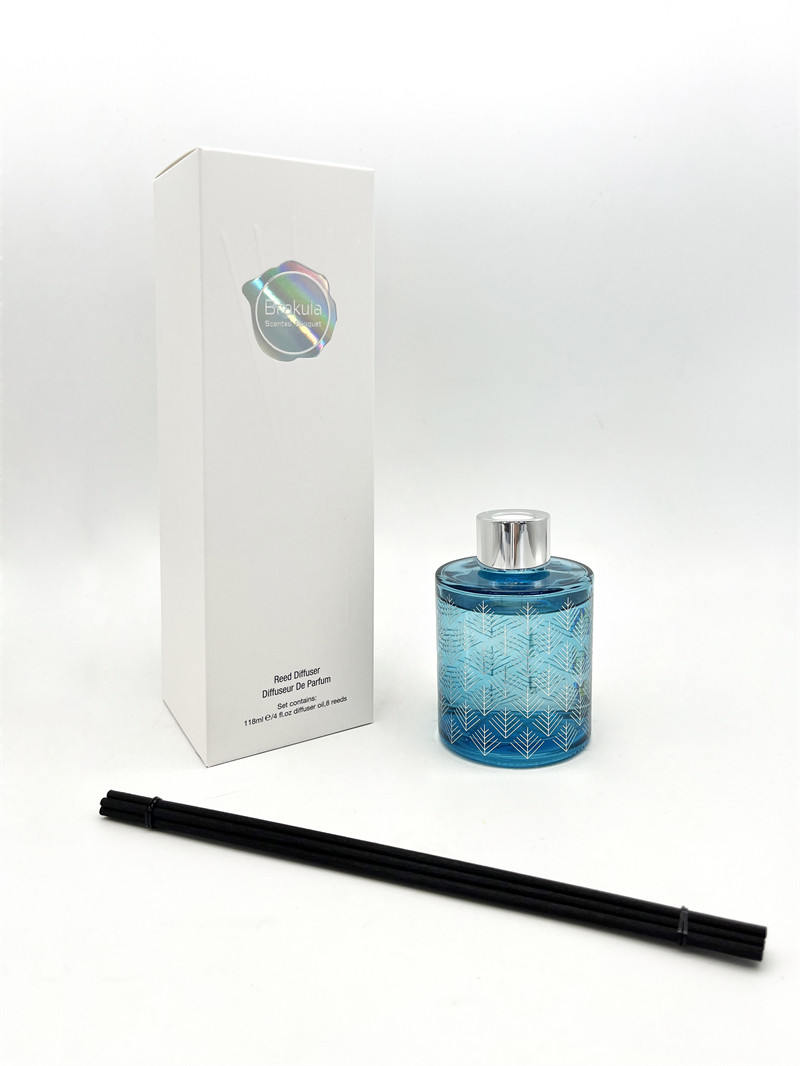
To maximize the shelf life of both herbal ingredients and essential oils, it’s essential to maintain optimal humidity levels. For herbs, ensure that they are completely dry before sealing them in jars to prevent mold growth. If you notice any moisture inside the jar, consider transferring the herbs to a dryer environment.
For essential oils, minimize exposure to air by keeping the caps tightly sealed when not in use. Some oils have a shorter shelf life than others; for example, citrus oils tend to oxidize faster. Regularly check your inventory and use older oils first to ensure you are always using fresh products.

